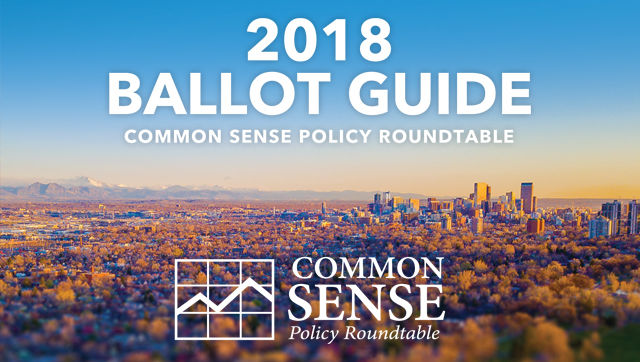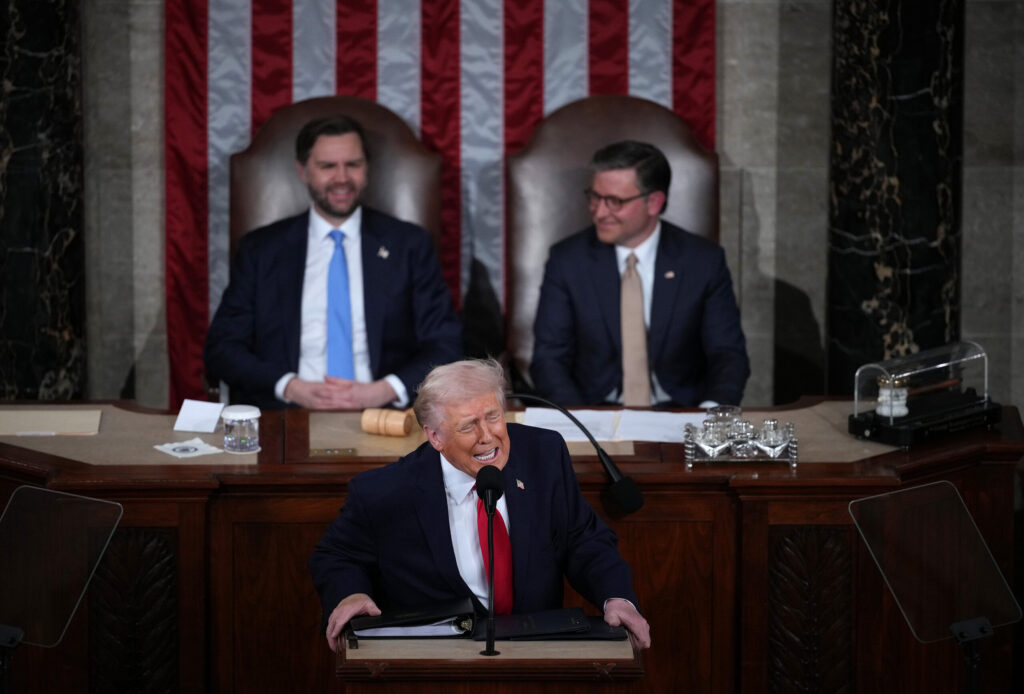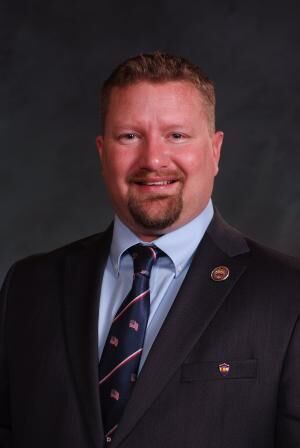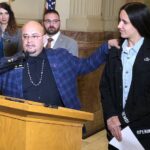SPONSORED: Common Sense Policy Roundtable releases ballot guide

CSPR examines the economic and fiscal impacts of ballot questions
The Common Sense Policy Roundtable (CSPR) released a ballot guide this week to assist voters with some of the most critical issues on the November ballot.
“We believe the more informed policymakers and voters are, the better decisions will be made for the benefit of our state,” said Kristin Strohm, Executive Director of the Common Sense Policy Roundtable.
The CSPR ballot guide provides a comprehensive fiscal analysis and discussion of economic impacts of ballot proposals based on recent REMI Partnership studies and CSPR analysis. The 2018 guide summarizes findings on four major ballot measures:
According to a recent REMI study, “Increasing the Oil and Gas Setback Requirement to 2,500-feet in Colorado: An Economic and Fiscal Impact Analysis,” Proposition 112 would cost Coloradans more than 43,000 jobs in the first year and over 145,000 jobs by 2030 and have a devastating impact on the economy. The validity of the study was reviewed by Dr. Ian Lange and Dr. Braeton Smith with the Colorado School of Mines Mineral and Energy Economics Program.
According to the recent REMI study, “Amendment 73: The Economic Impacts of a $1.6 Billion Increase to Spend on Education,” with no performance impacts, over the next 20 years the measure would result in an average annual loss of private-sector jobs is over 11,400. The average annual impact on state GDP is a loss of $850 million and disposable personal income is estimated to be lowered by $1.8 billion on average annually.
Read the CSPR Ballot Guide here.
About the REMI Partnership: Common Sense Policy Roundtable, Colorado Concern, Colorado Association of REALTORS , Colorado Bankers Association, and Denver South Economic Development Partnership have partnered to develop independent, fact-based analysis that quantifies the broader economic impacts associated with policy changes. The partnership has provided Colorado lawmakers, policy makers, business leaders, and citizens with greater insight into the economic impact of public policy decisions that face the state and surrounding regions. Read more about our latest studies here.













